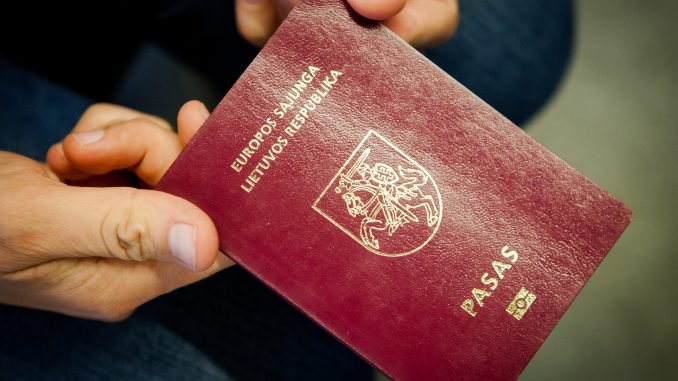
The Tuesday’s rulings are final and not subject to appeals.
“The way of entering the names is, of course, still beyond comprehension and unclear,” Evelina Baliko, the head of the public establishment European Foundation of Human Rights who represented the families in court, told BNS.
A family of a Lithuanian and a Polish national had applied for an ID card for their child with the last name Wardyn, as listed in the register of residents, while a family of a Belgian and Lithuanian nationals, Pauwels, wanted their child to have his name spelled with the non-Lithuanian character w in both the ID card and the passport.
Last week, the court already ruled in the cases of Jaquet and Gorecki – Mickiewicz, instructing Vilnius migration authorities to issue passports with both versions of the names: the Lithuanian version on the main page of the passport, while the original spelling among other entries.
Baliko said both families had not been satisfied with the rulings and the non-existent regulation of name-spelling, therefore, the two cases will be taken to the European Court of Human Rights and the United Nations Human Rights Committee.
Over the past few years, courts have already ordered spelling the non-Lithuanian last names in marriage and birth certificates of Lithuanian citizens.
The legal acts currently in effect in Lithuania only allow Lithuanian characters in the spelling of first and last names of Lithuanian citizens in documents.

Be the first to comment